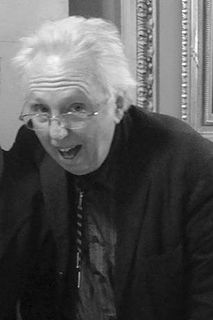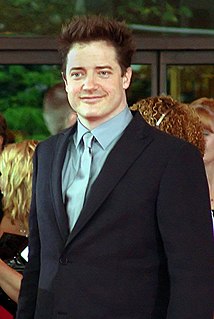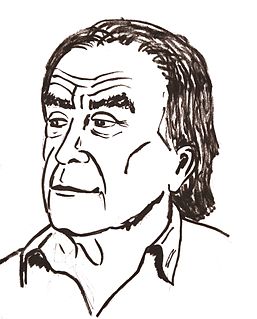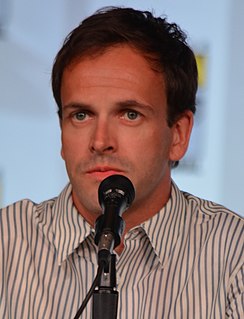A Quote by Bill Griffith
But now with technology I could sit down and do a bunch of character drawings and scan them into a computer, and the computer using my exact style could bring it into life, where it would have been edited by various human beings before.
Related Quotes
I've never been much of a computer guy at least in terms of playing with computers. Actually until I was about 11 I didn't use a computer for preparing for games at all. I was playing a bit online, was using the chess club mainly. Now, obviously, the computer is an important tool for me preparing for my games.
Chess is one thing, but if we get to the point computers can best humans in the arts-those splendid, millennia-old expressions of the heart and soul of human existence-then why bother existing? to produce human art a computer would have to find, feel, absorb reality to the point it is overcome, to the point it sobs for release. A computer perhaps could replicate every possibility but could never transfer the energy art requires to exist in the first place.
The personal computer was a disruptive innovation relative to the mainframe because it enabled even a poor fool like me to have a computer and use it, and it was enabled by the development of the micro processor. The micro processor made it so simple to design and build a computer that IB could throw in together in a garage. And so, you have that simplifying technology as a part of every disruptive innovation. It then becomes an innovation when the technology is embedded in a different business model that can take the simplified solution to the market in a cost-effective way.
What it is now is basically, I'll sit on my computer; I basically kind of play the computer as an instrument, I guess you could say. I guess I play the Mac. And how it works is, say - I have a program called 'Ableton Live.' And, you know, you'll open it up, and it's just blank. There's nothing there. And then you start.
































